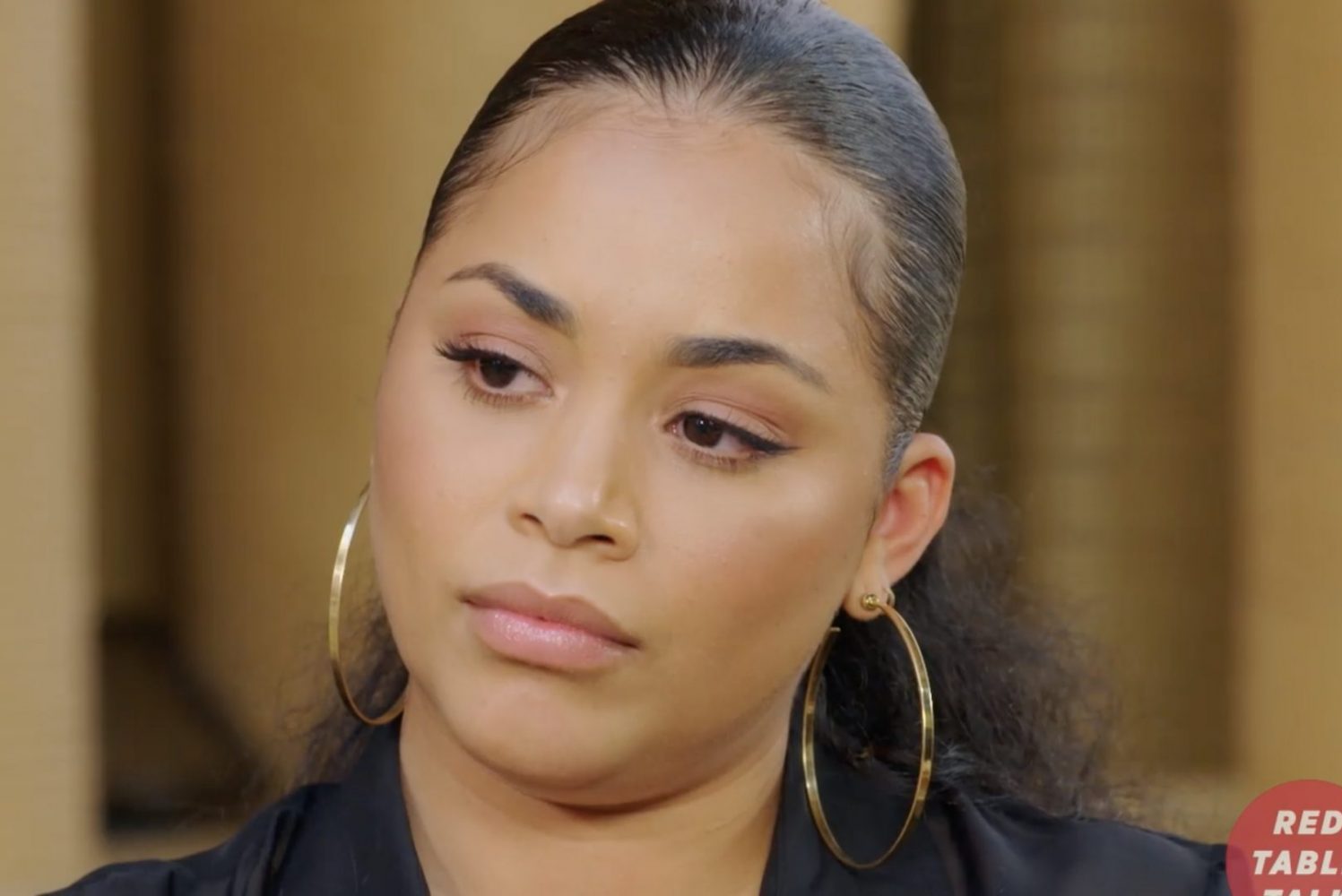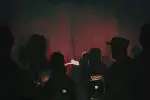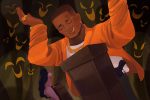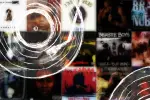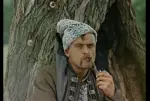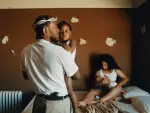The world lost an agent of change and a “prolific, so gifted” icon, Nipsey Hussle, when on March 31, 2019, he was fatally shot — another victim of gun violence.
For the first time since his passing, his longtime partner, Lauren London, sat down for an interview with Jada Pinkett-Smith on “Red Table Talk.” London, an actress and mother, opened up about losing the love of her life to gun violence in the recent episode “How Gun Violence Affects Women.”
“Red Table Talk” is a show created by Pinkett-Smith, her mother, Gammy, and her daughter, Willow. The show’s platform has become a safe space to discuss controversial issues from different perspectives, as well as to have candid and provocative conversations. It’s definitely “a different kind of convo,” as the show’s website boasts.
In the episode, London stepped up to the table — well, for this interview, the couch –– to bare her heart and unravel her thoughts through a deep discussion of violence, motherhood, growing up and the loss of her life partner, Nipsey Hussle.
https://www.facebook.com/watch/?v=281820459869549
When speaking out against gun violence, London did not shy away from the heavy reality of it. She even recalled her personal experience growing up and the effects that it had on not only herself, but the people around her.
“Just growing up in L.A. in the area that I was around,” she recalled, “and, like, just in high school, a lot of the boys were in gangs, and I just remember that a lot of our friends, by summertime, you know, they were gone. They had transitioned from gun violence. So you kind of got a little bit, I don’t want to say numb, but used to hearing it.”
London’s experience is a testimony of what it’s like for some growing up in urban areas, or areas that are populated with gangs. It’s a struggle, not just physically, but emotionally. Having your life centered around gun violence, or simply being affected by it, can cause trauma that ultimately becomes normalized.
In the interview, Pinkett-Smith referred to this as a “war zone,” saying, “You just get used to figuring out how to keep yourself safe in these environments, and I try to tell people all the time, most of us grow up in war zones.”
Like London, Pinkett-Smith has battled her fair share of gun violence and gang violence, from as far back as when she was in middle school. In 2017 she talked about growing up in Baltimore, Maryland, adding that when she was in high school, she was a drug dealer, and both her parents were addicted to drugs.
From an early age, she became aware that her life was not going to be a cakewalk. She struggled with all the dangers involved in being a drug dealer and had to protect herself from the violent gangs that lurked on the streets and used guns as weapons.
During the interview, Pinkett-Smith emphasized the age at which violence became normalized for her.
“For me it was middle school, high school. It unfortunately became the norm.”
London added that it wasn’t just at school that you needed to protect yourself, but “even [when] going to parties in high school.”
London and Pinkett-Smith’s stories are examples of innocence becoming like dust in the wind. Middle school and high school should be a time for kids to have fun before transitioning into the real world of adulthood.
Gun violence strips that away for many people. They grow up fast and have to learn quickly how to survive.
Gun violence is obviously not an easy thing for women to deal with, nor is it easy to overcome. For women like London, who have lost their companions in gang shootings, there is the burden of explaining the reality of what has transpired.
After Nipsey Hussle was murdered, London was not the only one he left to mourn him; the events of March 31 left Kross, the son she had with Nipsey Hussle, without a father.
At Nipsey Hussle’s funeral in 2019, in a eulogy that shattered the hearts of many mourning and empathetic fans, London said, “My pain is for my two-year-old that probably won’t remember how much his dad loved him.”
Death was obviously the first hardship to endure, but then there was the series of other trials and tribulations. For instance, explaining to a child that Daddy is not coming home.
Late last year, London spoke to GQ Magazine about the death of Nipsey Hussle. Unlike her “Red Table Talk” interview, this one was not captured on camera. London reflected on the aftermath of Hussle’s transition, stating, “I can’t talk about our last day together, and I still have to be strong for my children. I have a three-year-old that’s still asking, ‘Where is Daddy?’ He doesn’t understand the concept of death.”
Without Nipsey Hussle in her life, London has to take on the responsibility of raising alone her two sons into men. For many women, this can be a challenge because they are not men themselves.
As said by Pinkett-Smith and London on “Red Table Talk,” some people learn at an early age about gun violence. Sadly, even when they’re not immersed in the culture of gang violence, or they’re not near gun violence, it can still have an unshakable effect on them.
Pinkett-Smith opened the show with a reminder that the men who die from violence are not the only victims.
“As we are witnessing our black men being murdered in the streets, very rarely do we talk about the women who are left behind, grief-stricken … .”
It is a domino effect of pain that affects all in the vicinity. It is like a grenade that explodes and harms everyone in its radius.
As the conversation between London and Pinkett-Smith continued, it shifted from gun violence to violence against black lives in America. London confided what it’s like raising two young black boys. Like many black parents with black children, there is a conversation regarding how to deal with police in order to avoid being arrested, or shot and killed.
Pinkett-Smith shared the story of George Floyd, a recent victim of police brutality. Like Kross and his father, George Floyd’s 6-year-old daughter is left to mourn him.
“What I instill in [my kids],” said London, “is more about the police, how to handle yourself if you get pulled over. That’s more of my [education] protecting them, being black men in America.”
Violence in America is a pandemic of its own, like a virus that sweeps the nation. Though the greater victims are the ones who die, it is the often unseen mothers, sisters and daughters who are left to suffer silently.


